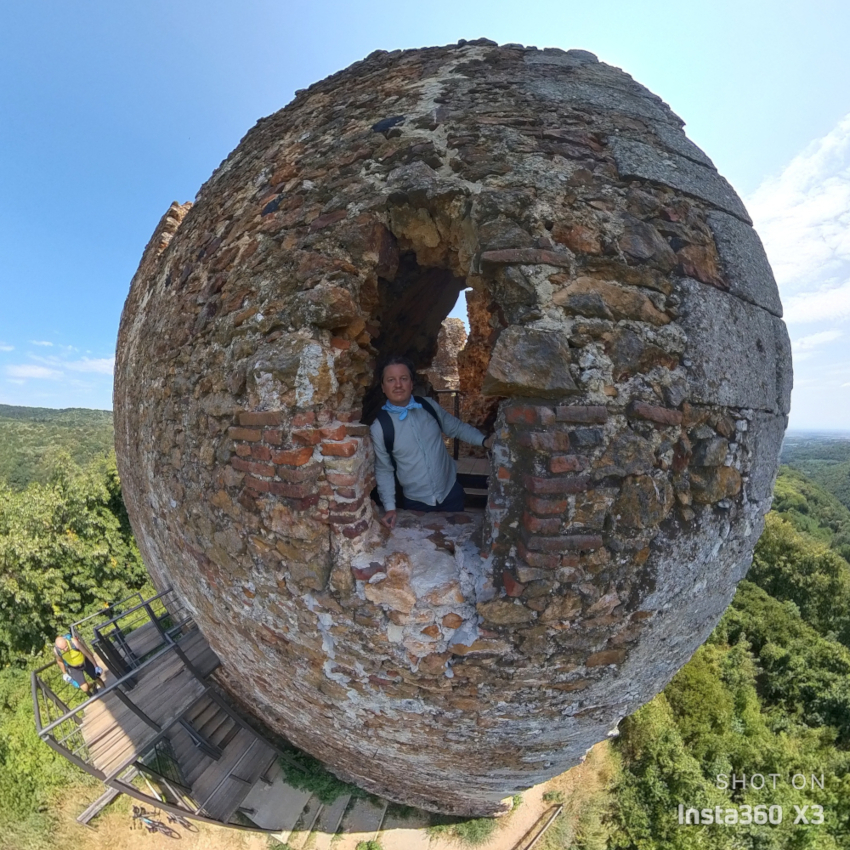My question was about benefits of openai search compared to kagi search. How is this link related to my question?
Sem
I am a software engineer living and working in Belgrade, Serbia. My hobbies contain a lot of things including cycling, bikepacking, photography and quantum computations.
All the photos in my posts are made by myself (if not specified other) and are shared under CC-BY 4.0.
- 0 Posts
- 14 Comments
What are benefits of using openai search when we already have Kagi that is much more privacy a friendly, is ads free and provides the same functionality?

 22·7 days ago
22·7 days agoWhat do you think, how long should we wait until the overflow in the debts database makes the value negative?

 33·26 days ago
33·26 days agoI think it can be done like a NFTs on top of Bitcoin. In this case evey archived page is NFT and all the blockchain is available, so there is no centralized cite. If each action will require some computations (PoW) then ddos attack or spam attack will be very hard to implement.

 42·26 days ago
42·26 days agoI think that proof-of-work approach to blockchain can make ddos attacks much harder, but I’m not an expert too :)

 255·26 days ago
255·26 days agoSounds like a potential application for a blockchain techs, that allows to do verifications, voting and consensus.

 291·2 months ago
291·2 months agoFor me the problem is more in GPL violation: they distribute blobs under GPL3, user made a request of the source code by creating an issue, but they ignored that request. It is not only about “you have to fix it” versus “just fork it” imo.

 12·2 months ago
12·2 months agoProblem of Proton Drive is not only in the missing linux client. There is no support of WebDAV that makes integration with many open source tools (like note taking apps or photo management tools) almost impossible. Nextcloud is much better for me. Without a WebDAV (or one of other popular APIs) it looks like an attempt to create “walled garden” with vendor-lock on Proton, imo.

 0·2 months ago
0·2 months agoFor me one of the most flexible and mature way to knowledge base, tasks and notes is an org-mode.
I have two main workflows. The first one is task management. I have a lot of recurring tasks with tags, deadlines, schedules, etc. All of them are living in org-files in my Nextcloud. On Android I’m using orgzly-reviwed for sync via WebDAV, on my work I’m using organice (via WebDAV) as a “web-version” and also I’m editing my notes in emacs on my laptop (but actually any text editor could be used).
The second one is a knowledge base. I’m using org-roam locally (and with a localhost web server, built in into emacs) and orgnote for Android/Web + synchronization. My knowledge base is Zettelkasten-based.
Orgzly-reviewed: https://github.com/orgzly-revived/orgzly-android-revived
Organice: https://github.com/200ok-ch/organice
Orgnote: https://github.com/Artawower/orgnote
Orgnote provide a way to encrypt all notes by your own key/password. With orgzly I’m relying on Nextcloud encryption.

 694·3 months ago
694·3 months agoThe title is very click bait imo. It is not about any private data. It is a very specific case of deleted fork of the public repository. It is a bug, of course. But it doesn’t look so serious as I was thinking when saw the title.

 77·4 months ago
77·4 months agoI did not see in article any proof that Chineese scientists have a bad intentions. A statement about “they always do it [because they are evil maoists]” is not a proof for me.

 215·4 months ago
215·4 months agoI did not see in the article any arguments, except the fact that Chinese researchers are in some US blacklists. Only proclamations about EU should restrict, EU should prevent, etc. But without any arguments why. Maybe lack of actual arguments is the reason why the article is so short?

And that is very strange for me. Under the news about AI-search from OpenAI I asked about comparison with AI-search from Kagi, but got a lot of downvotes and a link to the post where the author express his negative opinion about AI.